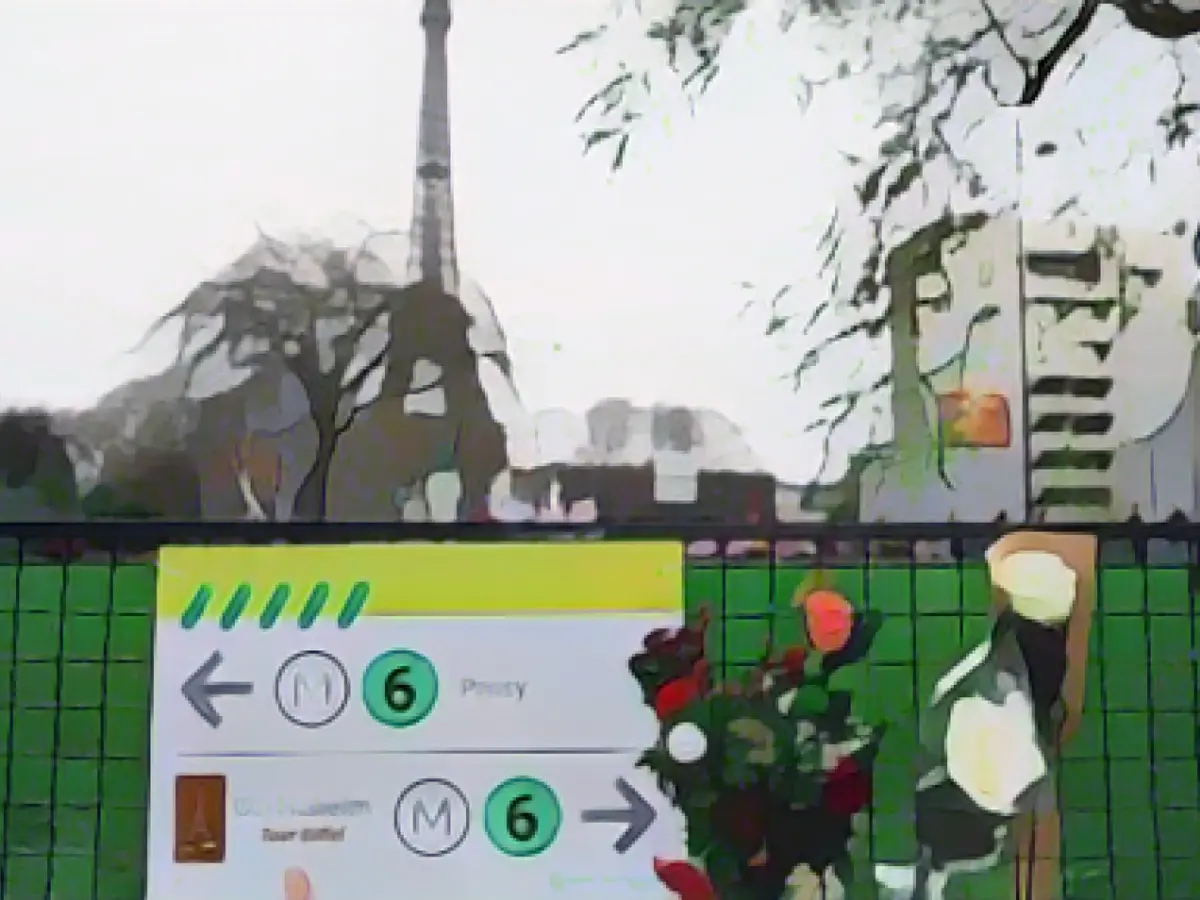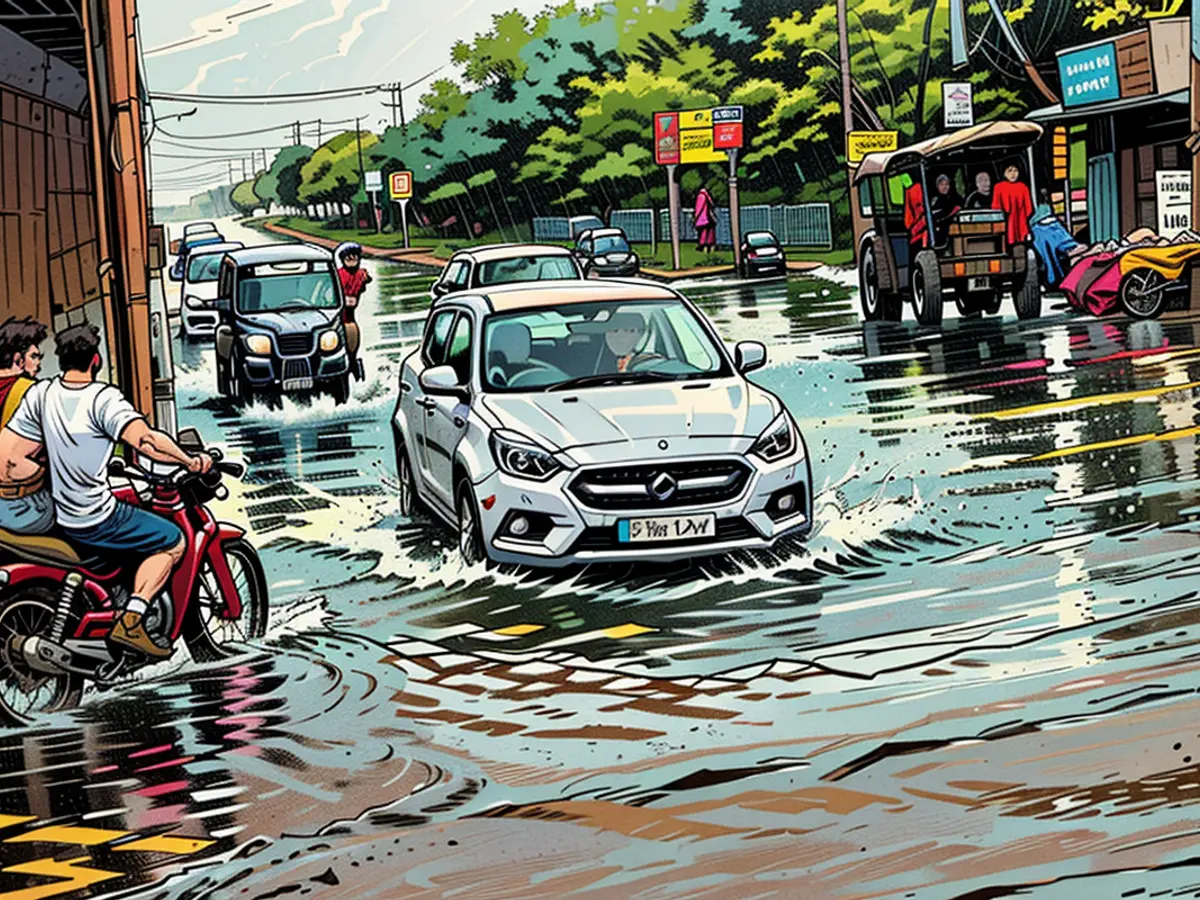Gaza war: Germany and the EU Commission warn of attacks in Europe
EU Home Affairs Commissioner Ylva Johansson says she sees an "enormous risk of terrorist attacks" in the upcoming holiday season. She spoke of a "polarization" in society due to the war between Israel and the radical Islamic group Hamas.
Faeser also said that the Middle East war was exacerbating the situation. "The danger of further emotionalization and radicalization of Islamist perpetrators of violence is high," emphasized the Interior Minister. The Office for the Protection of the Constitution had recently warned of an acute danger of Islamist attacks.
Johansson announced an additional 30 million euros for the protection of particularly vulnerable locations such as places of worship. In Paris at the weekend, an Islamist known to the police stabbed a tourist from Germany to death. In a video, the attacker justified his attack by citing violence against Palestinians, among other things. He also claimed allegiance to the jihadist militia Islamic State (IS).
Sweden's Interior Minister Maria Malmer Stenergard also recalled the Islamist who shot dead two Swedish soccer fans on the sidelines of a European Championship qualifier in Brussels in mid-October and injured others. The IS militia also claimed responsibility.
Faeser said that Europe's security authorities must "keep a particularly close eye on Islamist threats right now" and take joint action against Islamist propaganda. She referred to the ban imposed on Hamas in Germany. Prior to the EU meeting, Faeser had already exchanged views with France, Belgium, Austria, Sweden and Spain.
The meeting of interior ministers will also focus on migration and the common asylum policy. On Wednesday, negotiators from the member states and the European Parliament will attempt to reach an agreement on an asylum pact with which the EU intends to learn the lessons of the 2015 refugee crisis.
Spanish Interior Minister Fernando Grande-Marlaska, who is leading the negotiations for the member states, said he was "reasonably optimistic" about a breakthrough. Faeser called for a compromise, as only then could there be effective external border protection.
Plans include shortened asylum procedures directly at Europe's external borders and faster deportations. Faeser expressed the hope that the European Parliament would make improvements "in Germany's interests". Among other things, the Parliament is demanding exemptions from border procedures for families with children. The German government was largely isolated with this demand at member state level.
Read also:
Source: www.stern.de








